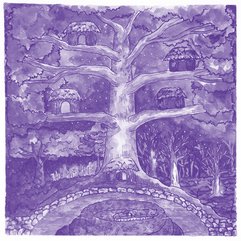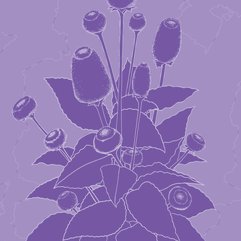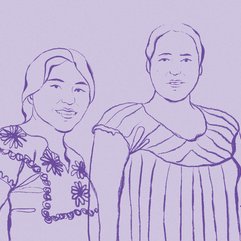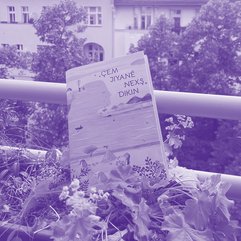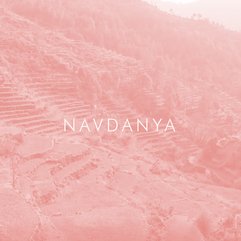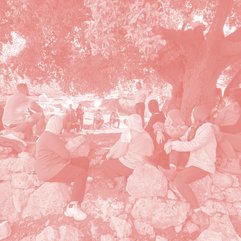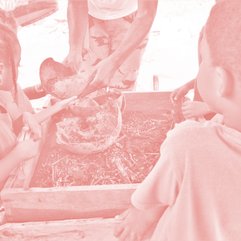Uncontacted Peoples: Voices, Struggles and Alliances for Self-Determination
An open space for collectives, activists, researchers and all those engaging with decolonial perspectives, climate justice, human rights and global solidarity
17.30-19.00
Save the Date
all ages welcome
in German/in Spanish

At the end of October, Herlin Odicio, an Indigenous Kakataibo leader from the Ucayali region in the Peruvian Amazon, will be in Berlin. As Vice President of the regional organization ORAU (AIDESEP Ucayali), he has been fighting for decades for the self-determined control over his community’s territories — against illegal logging, coca cultivation, and mining.
Herlin Odicio is a courageous and powerful voice for climate justice, Indigenous self-determination, and the knowledge of his community. Despite repeated threats from drug traffickers, loggers, and illegal miners, who often work hand in hand in his region, he continues his work, knowing that the very existence of many Indigenous communities is at stake.
A central focus of his work is the protection of „uncontacted Indigenous peoples“ (Indígenas en aislamiento). As one of the key actors in the decades-long struggle for the recognition of the Kakataibo Indigenous Reserve - which was finally established in 2021 — Herlin remains committed to ensuring its effective protection. The reserve is the last refuge of the uncontacted Kakataibo, one of the most threatened uncontacted groups in the world.
Together with Teresa Mayo, Research & Campaigns Officer at Survival International, Herlin Odicio will present Survival International’s new global report on the situation of „uncontacted Indigenous peoples“. The report draws on decades of research and close collaboration with Indigenous communities and experts. It not only documents the devastating impacts of forced contact, land theft, and genocide, but also highlights Indigenous peoples’ rights, resistance, and ongoing struggle for self-determination.
These issues affect us all, also here in Berlin and across Europe, where colonial continuities in politics, science, and economics persist to this day, and where decisions are made that directly impact Indigenous territories. Together with the audience, we want to discuss how these struggles affect us all and what global networks and international solidarity can achieve.
We see this event as an open space for collectives, activists, researchers and all those engaging with decolonial perspectives, climate justice, human rights and global solidarity.
Come by, connect, take part.
The event is organized by Survival International, the global movement for Indigenous peoples’ rights.
It will take place in Spanish with German translation.




